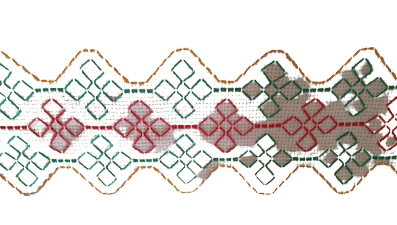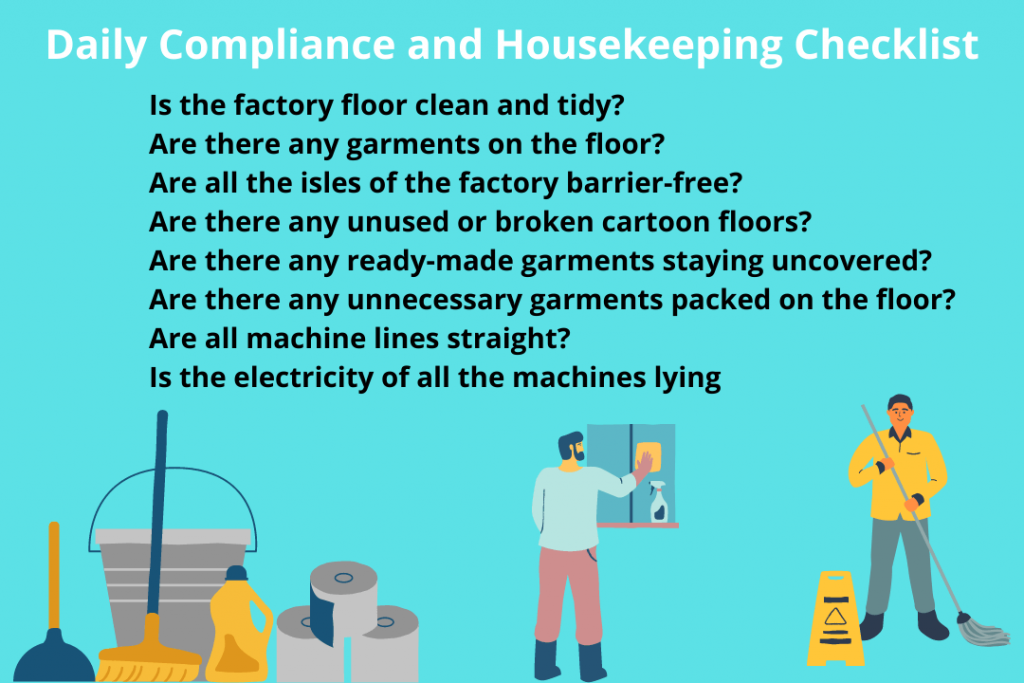Difference Between Domestic and Industrial Sewing Machine
Domestic and Industrial sewing machines share a common purpose: stitching fabrics together. Domestic sewing machines are used in the Home only and industrial for commercial and industrial uses. Whether for personal use or large-scale production, choosing between domestic and industrial sewing machines can significantly impact the sewing process’s quality, speed, and efficiency. In this article, Difference Between Domestic and Industrial Sewing Machine.
Domestic Sewing Machine
A domestic sewing machine is known as a Home sewing machine or Hand sewing machine, a machine designed for personal or household use, intended for sewing garments, creating crafts, mending fabrics, and various sewing projects at home. These machines offer a range of stitches, adjustable settings, and features suitable for everyday sewing tasks. They come in various models with different capabilities to cater to different skill levels and sewing needs of individuals at home.
Industrial Sewing Machine
An industrial sewing machine is a heavy-duty sewing machine designed for commercial or industrial use. These machines are built to handle high volumes of sewing tasks and are sturdier and more powerful than regular sewing machines used for household purposes. They’re commonly used in factories and workshops for various tasks like stitching garments, upholstery, leather goods, canvas, and other heavy materials. Industrial sewing machines come in various types, specialized for different sewing purposes such as straight stitch, overlock, zigzag, and others, catering to specific needs within the manufacturing industry.

Difference Between The Domestic and Industrial Sewing Machine
Domestic sewing machines are designed for home use and are generally smaller, lighter, and more portable. They are versatile, suitable for various fabrics, and offer basic stitching options like straight stitch, zigzag, and maybe a few other decorative stitches.
On the other hand, industrial sewing machines are heavy-duty machines built for continuous and specialized use in factories or manufacturing settings. They are larger, more robust, and capable of quickly handling high volumes of work with various fabrics. Industrial machines usually offer specific stitching functions tailored to the intended industry, such as garment manufacturing, leatherwork, or heavy-duty materials like canvas or upholstery. They are engineered for durability and efficiency in mass production.
| Domestic Sewing Machine | Industrial Sewing Machine |
| It is designed for personal or household use | It is designed for commercial or industrial use in mass production. |
| Less durable than Industrial Sewing Machine | It is constructed with durable, sturdy materials |
| Stitching is slower than industrial Machine | Industrial machines can stitch significantly faster than domestic machines |
| Mostly it is manually operating sewing process using paddle | It electrically operated sewing machine with some auto process. |
| Light-weight and less cost for maintenance | Heavy-weight and comparatively higher cost for maintenance |
Conclusion
Choosing between a domestic and an industrial sewing machine depends on the intended use, frequency of usage, and specific requirements. A domestic machine suffices for hobbyists, beginners, or those with diverse sewing needs at home. That’s all about the Difference Between Domestic and Industrial Sewing Machine.


